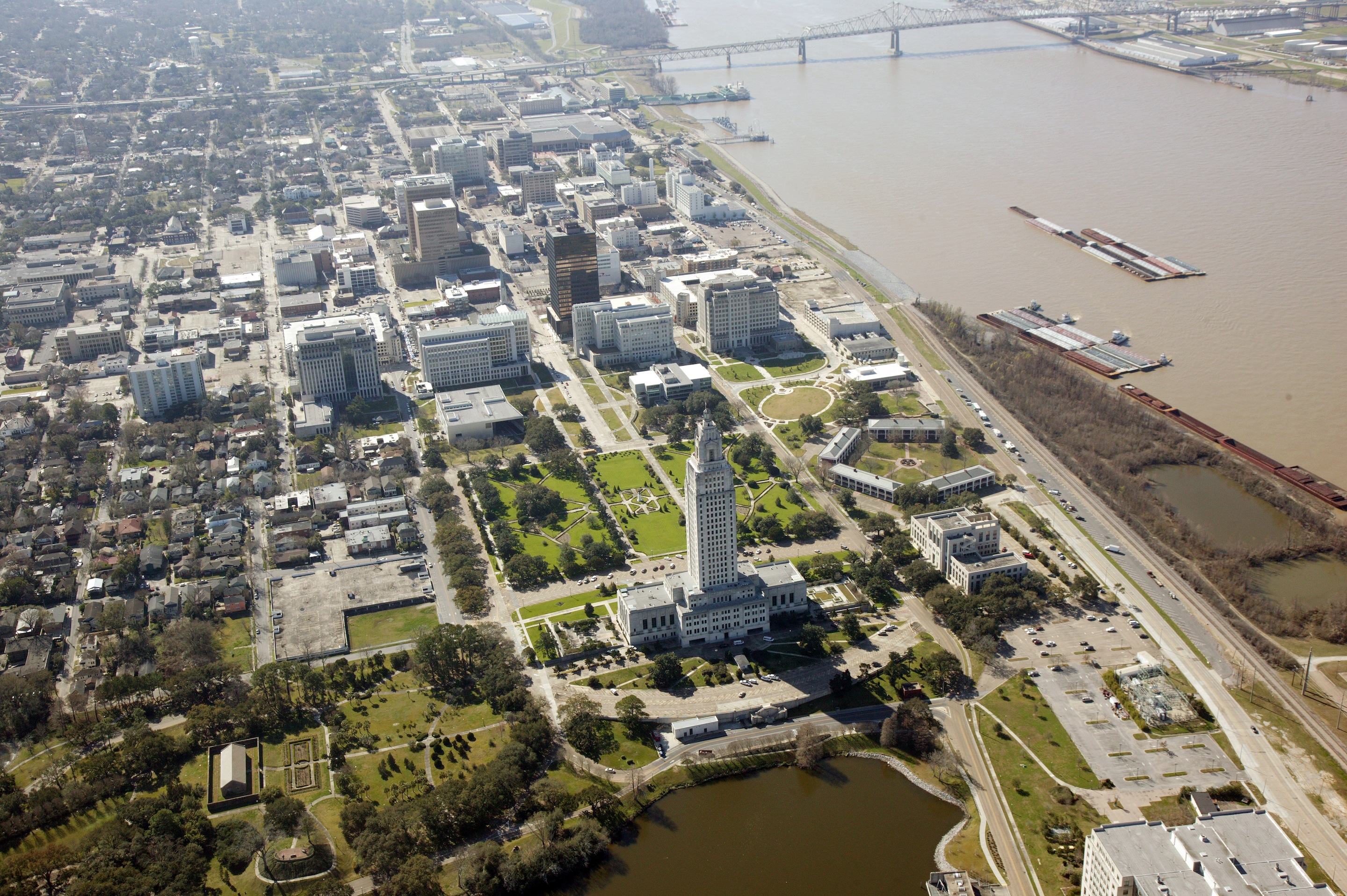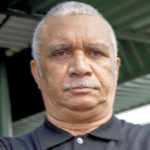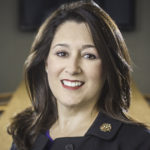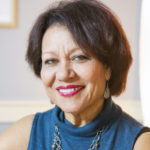
We ask Baton Rouge leaders: Where do we go from here?
Typically, 225‘s Your Flavor feature gives four locals the chance to speak their minds about a variety of fun, lighthearted topics each month. In response to the tragedies in July, we decided to pose questions about the future of Baton Rouge to four local leaders. Be sure to voice your thoughts in the comments below.
 Edgar Cage
Edgar Cage
Leader, Together Baton Rouge
66
How can Baton Rouge heal?
The best way is to give the community—and by the community I mean all involved—a chance to express their feelings; get things off their chest and out in the open.
|
|
What’s the most important thing to teach our children about all of this?
We need to teach love, and we need to teach the principle of getting along. We’re all in this together. We should not let perceptions or things that are really unnecessary divide us.
In light of these tragedies, how do you hope the rest of the country views Baton Rouge?
One thing I’m very proud of thus far is the way residents of Baton Rouge have, for the most part, reacted to this tragedy. People have protested in a nonviolent manner.
If any good can come from these tragedies, what might it be?
That we don’t have to go through this again … What we’ve done in the past has not worked; we need to look at new, different ways people can create long, sustained relationships.
Maxine Crump
Executive director, Dialogue on Race
69
How can Baton Rouge heal?
These incidents are symptoms of boil over, and they are related to race. We’re going to have to do the hard work of eliminating racial barriers in our community.
What’s the most important thing to teach our children about all of this?
To tell the truth. And we should be telling them the truth. The question is, do we know the truth? If you don’t know the truth, encourage them to seek it.
In light of these tragedies, how do you hope the rest of the country views Baton Rouge?
I hope Baton Rouge sees the way the rest of the country views us. What would we like to do about the image that exists that we are a racially divided city?
If any good can come from these tragedies, what might it be?
This is a pivotal time. If we take advantage of this moment, where people are ready for something greater, we can have the results we want.
 Ann Trappey
Ann Trappey
President/CEO, Forte and Tablada and BRAC chair
58
How can Baton Rouge heal?
As a community, we have to come together so we all heal together. Without a lot of serious, open, honest discussion, we won’t get there.
What’s the most important thing to teach our children about all of this?
That the world is full of good people. We have to continue to believe there are a lot of good people here who want to do right thing.
In light of these tragedies, how do you hope the rest of the country views Baton Rouge?
People are speaking out against the tragedy Sunday, but they’re also speaking out in terms of what can we do to heal our community—that will be the story people will remember.
If any good can come from these tragedies, what might it be?
Failure is not an option. We have to have better conversations. We have to cross all socioeconomic statuses in our community and work to make sure people are understood.
 Casey Phillips
Casey Phillips
Executive director, The Walls Project
40
How can Baton Rouge heal?
Wish I knew this answer. Still listening to our community and reflecting.
What’s the most important thing to teach our children about all of this?
That the fight for equality and justice for all is far from over. At this point I believe it is in the hands of the youth to dream and create the solutions that can unify our nation.
In light of these tragedies, how do you hope the rest of the country views Baton Rouge?
I’m less concerned with how the nation views Baton Rouge than addressing the disturbing views we have of the perceived ‘other’ in this city. So much anger void of love, understanding and trust.
If any good can come from these tragedies, what might it be?
Respectful and meaningful dialogue are a natural next step followed by policy change driven by authentic community engagement and participatory implementation is the action needed.
|
|
|

